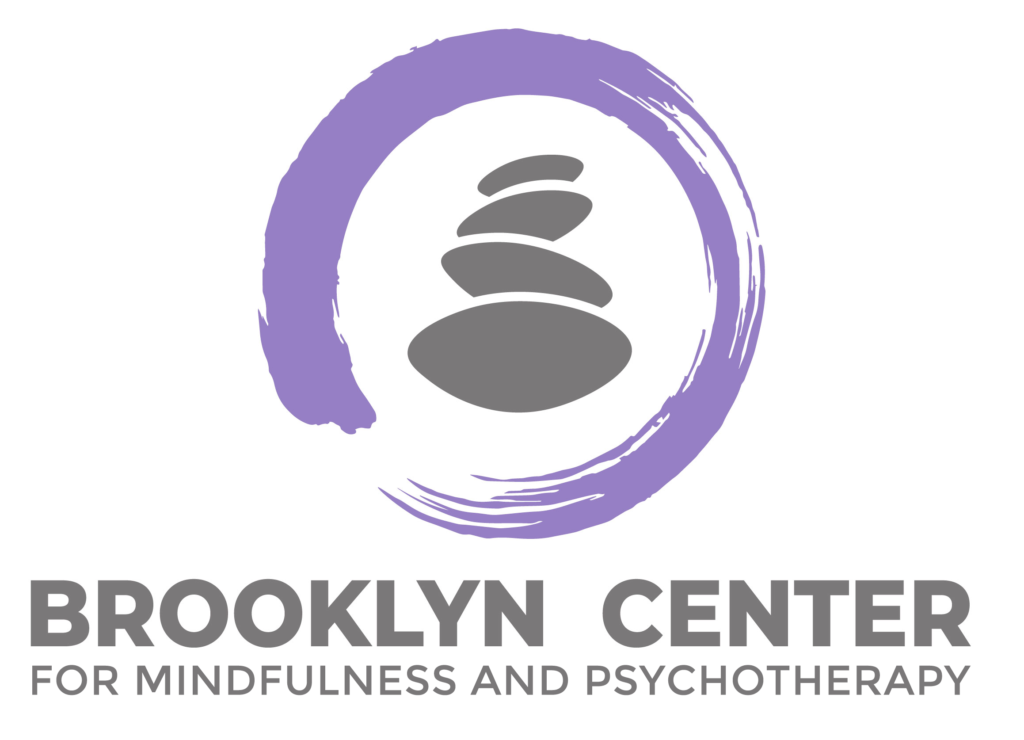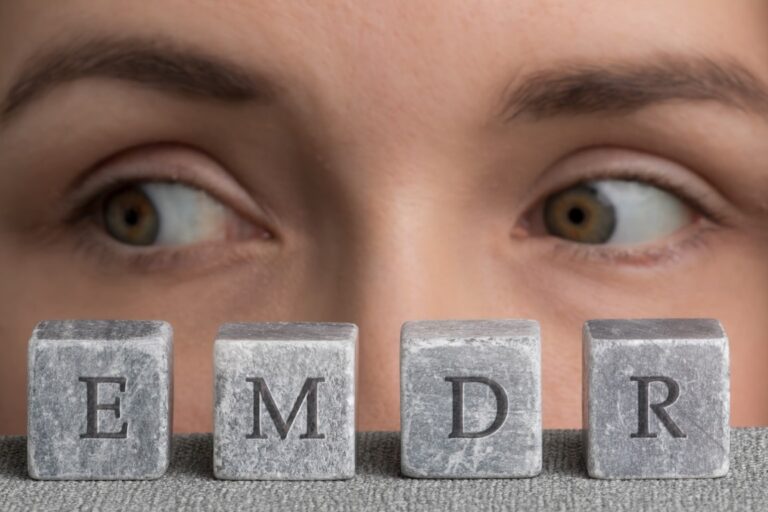Welcome to our blog, where we delve into overcoming depression and the transformative power of therapy in the vibrant city of New York. In this article, we will explore how therapy can be a beacon of hope for those battling depression, providing them with the necessary tools and support to navigate toward a brighter future. Join us as we uncover the profound impact that therapy can have on mental well-being and discover the path to reclaiming hope amid darkness.
What Causes Depression?
Depression is a complex mental illness that various factors can cause Some of the common causes of depression include genetics, brain chemistry, life events, and medical conditions. In terms of genetics, research suggests that there may be a genetic predisposition to depression, meaning that individuals with a family history of depression may be more likely to develop the condition themselves. Additionally, changes in brain chemistry can also contribute to depression. Specifically, imbalances in neurotransmitters like serotonin and dopamine can affect mood regulation and lead to symptoms of depression.
Life events like losing a loved one or stressful situations like divorce or job loss can also trigger depression. Furthermore, medical conditions like chronic pain, thyroid disorders, and chronic illness can increase the risk of developing depression. It is important to note that while these factors can contribute to depression, it is not always clear why some individuals develop the condition while others do not. Suppose you are experiencing symptoms of depression in New York or anywhere else. In that case, it is essential to seek professional help from a trained mental health provider who can offer support and treatment options tailored to your needs.
Types of Depression
Depression is a mental health condition that can manifest in various forms and severity levels. In New York, like in any other location, individuals may experience different types of depression. Here are some common types of depression:
- Major Depressive Disorder (MDD) is the most well-known and prevalent form of depression. It involves persistent sadness, loss of interest or pleasure in activities, changes in appetite or weight, sleep disturbances, low energy, difficulty concentrating, and thoughts of death or suicide. Symptoms typically last for at least two weeks.
- Persistent Depressive Disorder (PDD): Formerly known as dysthymia, PDD is a chronic form of depression lasting two years or longer. Symptoms may not be as severe as MDD, but they are enduring and can significantly impact daily functioning.
- Seasonal Affective Disorder (SAD): SAD is a type of depression that typically occurs during specific seasons, most commonly during fall and winter when there is less daylight. Symptoms include fatigue, increased sleep, weight gain, and decreased interest and motivation.
- Postpartum Depression (PPD): PPD affects some women after childbirth. Hormonal changes, sleep deprivation, and adjusting to new responsibilities can contribute to depression. Symptoms include sadness, anxiety, irritability, loss of appetite, and difficulty bonding with the baby.
- Bipolar Disorder: Although bipolar disorder is not solely a depressive disorder, it involves alternating periods of depression and mania or hypomania. Manic episodes are characterized by elevated mood, increased energy, impulsivity, and risky behavior.
Symptoms of Depression
Depression is a mental health condition that can affect individuals in various ways. Some common symptoms of depression that people may experience in New York or anywhere else:
- Persistent sadness: Feeling sad, empty, or experiencing a sense of hopelessness that lasts for most of the day, nearly every day.
- Loss of interest or pleasure: Losing interest in activities or hobbies that were previously enjoyable. Feeling a lack of motivation or enthusiasm.
- Changes in appetite and weight: Significant changes in appetite lead to weight loss or weight gain. This may involve overeating or a loss of appetite.
- Sleep disturbances: Experiencing difficulty falling asleep, staying asleep, or sleeping excessively. Changes in sleep patterns can be a symptom of depression.
- Fatigue and lack of energy: Feeling constantly tired, drained, and lacking energy, even after getting enough sleep. Simple tasks may feel overwhelming and require extra effort.
- Feelings of guilt or worthlessness: Persistent feelings of guilt, self-blame, or worthlessness, often without reasonable cause.
- Difficulty concentrating: Struggling to focus, make decisions, or remember things. Concentration and cognitive abilities may be impaired.
- Irritability and restlessness: Feeling agitated, easily irritated, or restless. Small things can trigger a strong emotional response.
- Physical symptoms: Experiencing unexplained physical symptoms like headaches, stomachaches, muscle pain, or digestive problems.
- Social withdrawal: Withdrawing from social activities, avoiding friends or family, and isolating oneself from others.
- Thoughts of death or suicide: Persistent thoughts of death, dying, or suicidal ideation. It’s crucial to take these thoughts seriously and seek professional help if experiencing them.
The Impact of Depression
Depression is a significant mental health issue affecting individuals and communities worldwide, including New York. The impact of depression in New York can be observed in various aspects of life, including the economy, healthcare system, and overall well-being of its residents. Here are some key points regarding the impact of depression in New York:

- Prevalence: Depression is a widespread mental health condition in New York. According to the New York State Department of Health, an estimated 7.5% of adults in New York experience a major depressive episode each year. This translates to a substantial number of individuals grappling with the challenges of depression.
- Economic Impact: Depression can have a significant economic impact in New York. It is associated with reduced productivity, increased absenteeism, and higher healthcare costs. Depressed individuals may face difficulties maintaining employment, leading to lower income and increased reliance on social support programs. The economic burden of depression includes healthcare expenses, lost workdays, and decreased overall productivity.
- Healthcare System: Depression places a strain on New York’s healthcare system. Individuals with depression often require mental health services, including therapy, medication, and hospitalization. The demand for mental health resources can overwhelm the existing infrastructure, leading to wait times and limited access to care longer. The challenge is particularly pronounced in areas with limited mental health resources and underprivileged communities.
- Public Health Impact: Depression negatively impacts public health in New York. It is associated with a higher risk of comorbid conditions like substance abuse, cardiovascular diseases, and diabetes. Depressed individuals may engage in unhealthy behaviors like poor diet, lack of exercise, and inadequate sleep, further exacerbating their health. Addressing depression and its associated risks is crucial for promoting the well-being of New York residents.
- Social Impact: Depression can have profound social consequences in New York. It may lead to social isolation, strained relationships, and diminished quality of life. The stigma surrounding mental health issues can also prevent individuals from seeking help or disclosing their condition, further exacerbating the impact of depression on social interactions and support systems.
Psychotherapy for Depression
Depression is a severe mental health condition that affects millions of people worldwide. Fortunately, psychotherapy is an effective treatment option for those struggling with depression. In New York, many qualified therapists specialize in treating depression using evidence-based therapies such as cognitive-behavioral therapy (CBT) and interpersonal therapy (IPT).
During psychotherapy sessions, individuals work with a therapist to identify the root causes of their depression and develop coping strategies to manage symptoms. CBT, for example, focuses on helping individuals recognize and change negative thought patterns contributing to depression. IPT, on the other hand, allows individuals to improve their relationships and communication skills to reduce feelings of isolation and loneliness. With the help of a qualified therapist in New York, individuals can find hope and healing from their depression through psychotherapy.

Medications for Depression
Depression is a severe mental health condition that can profoundly impact an individual’s quality of life. Fortunately, many effective medications are available to treat depression in New York.
The most commonly prescribed medications for depression are selective serotonin reuptake inhibitors (SSRIs) and serotonin-norepinephrine reuptake inhibitors (SNRIs).
These medications work by increasing the levels of certain neurotransmitters in the brain, which can help to alleviate symptoms of depression. Some examples of commonly prescribed SSRIs include Prozac, Zoloft, and Lexapro, while common SNRIs include Effexor and Cymbalta.
In addition to SSRIs and SNRIs, other medications may treat depression in New York. For example, tricyclic antidepressants (TCAs) are an older class of antidepressant medication that can still be effective for some patients. Monoamine oxidase inhibitors (MAOIs), another more senior medication rank, are less commonly used due to their potential side effects and interactions with certain foods and other medications. However, they may still be a viable option for some patients who do not respond well to different types of medication.
Conclusion
In conclusion, if you find yourself battling the depths of depression, remember that hope and help are available to you. Brooklyn Mindful in New York offers a compassionate and effective therapeutic approach that can guide you in healing. By seeking therapy, you allow yourself to gain valuable insights, develop coping mechanisms, and build a robust support system. Remember, you don’t have to face depression alone. Reach out to Brooklyn Mindful today and take the first step towards a brighter future filled with hope and renewed vitality.




